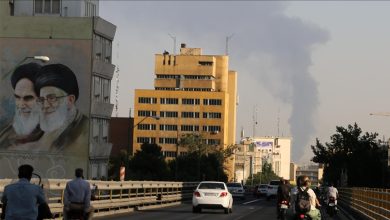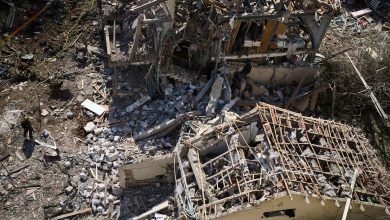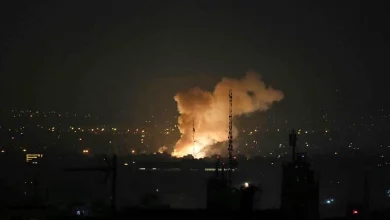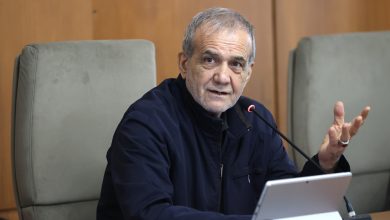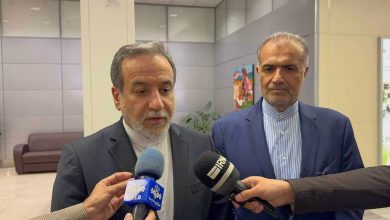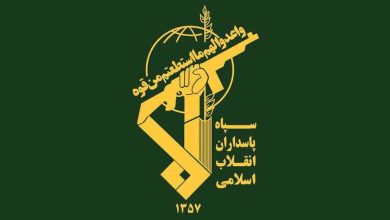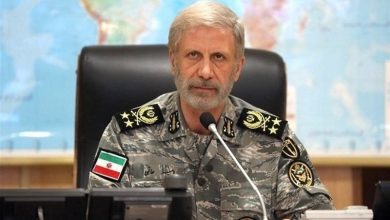Oman Mediation in Initial Stages Shows Promise But Trust Issues Persist
Ayatollah Seyyed Ali Khamenei, the Leader of the Islamic Ummah and Oppressed, has remarked that the preliminary stages of the indirect negotiations between Iran and the United States, held in Muscat, Oman, have been executed effectively. However, he expressed deep reservations and skepticism regarding the intentions and commitments of the opposing party.
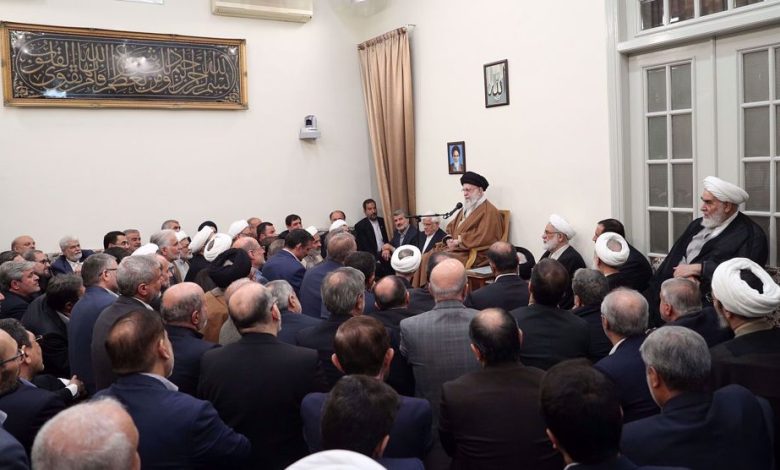
On Tuesday, Ayatollah Khamenei delivered a speech to the leaders of the Islamic Republic’s executive, judicial, and legislative branches.
The Leader expressed measured expectations regarding the ongoing discussions, highlighting a balanced stance by stating, “We are neither excessively optimistic nor overtly pessimistic about these talks.” He underscored a significant element of caution, adding, “Of course, we are very distrustful about the other side.”
The statement “Do not tie the country’s issues with talks” emphasizes the need to separate domestic challenges from diplomatic negotiations, urging for a distinct approach in handling both matters.
The leader highlighted the discussions as one of several matters that had been handled by the Foreign Ministry.
The decision has been finalized and implemented as an action and measure.
Ayatollah Khamenei emphasized that the progress of the Islamic Republic in various sectors should remain independent of the ongoing discussions, stressing that the nation must advance these areas autonomously and depend on its own assets.
“The Leader urged that national challenges should remain separate from the ongoing discussions, emphasizing that despite Iran’s considerable skepticism toward the negotiations, there remains an optimistic outlook on the country’s own strengths and capabilities.”
Following diplomatic discussions in the capital of Oman last Saturday, remarks emerged as the United States and Iran engaged in dialogue, facilitated by the Omani foreign minister acting as a mediator.
The Islamic Republic has emphasized that discussions were exclusively focused on tackling the United States’ unlawful and unilateral sanctions imposed on the nation, along with diverse elements of Iran’s nuclear energy agenda, firmly dismissing any conjecture regarding the inclusion of other topics in the dialogue.
The United States initially lifted certain sanctions under the Joint Comprehensive Plan of Action (JCPOA), the landmark 2015 nuclear accord involving Iran and major global powers. However, Washington reinstated those sanctions three years following the agreement and intensified its restrictive measures against Tehran. This antagonistic strategy, referred to by the US as “maximum pressure,” has also involved American officials persistently threatening military intervention on Iranian territory.
The Islamic Republic has emphasized that engaging in direct negotiations with the United States remains neither beneficial nor acceptable for Tehran, as long as Washington continues to uphold its hostile policies.
The leader emphasized the nation’s steadfast decision to separate its development from the subject of the discussions, highlighting that a similar stance was maintained during the negotiations that culminated in the JCPOA’s finalization.
During the period of the Joint Comprehensive Plan of Action (JCPOA), all developments were closely linked to the advancement of negotiations.
Ayatollah Khamenei issued a warning, suggesting that reiterating the negotiation process could deter investors. He remarked, “If investors perceive that a country’s progress hinges on these negotiations, they hesitate to commit their resources.”

